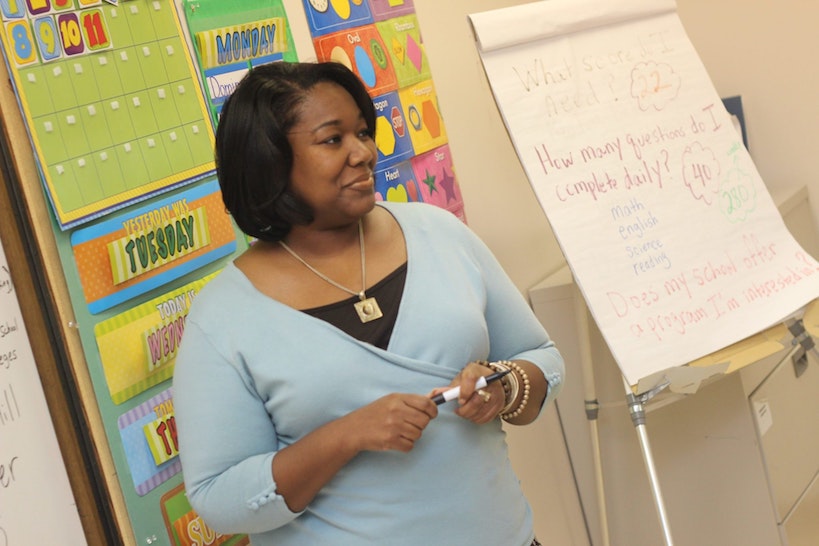
Article from the Series: Essentials for Effective New Teachers
Is it fair to say that every on-the-job minute of a teacher’s life is spent evaluating? Never a moment passes that a teacher is not called upon to evaluate student learning, classroom atmosphere, lesson delivery, behavior, and more. Based on these evaluations, teachers are expected to use their quick wits and their long term planning strategies to optimize student learning in the moment and over time.
Let’s consider a teacher’s responsibility to evaluate.
Assessment of Student Learning
In both traditional and modern settings, a high priority has been placed on determining how well students have learned their lessons. In recent years, this process of evaluating student learning has fallen under the broad heading of “assessment.”
Teachers are responsible to assess individual students. Teachers assess before and after teaching. Teachers are deemed to be more effective when they use a variety of assessment tools from informal self-assessment to peer evaluations to highly-structured standardized testing.
High stakes educational testing has increased the pressure to ensure that students can demonstrate their learning on state tests. Results of large-scale assessments typically get back to teachers after instruction for that year has ended. The tendency then becomes to look at the group results and wonder what went right or what went wrong. The answer lies in the individual results. Class results can only be improved as individual students achieve. Take a minute to look at the results of the individual, and then consider what led select students to soar under your care.
For a new teacher, authentic assessment can be a greater challenge that state testing. It calls upon the teacher to have a clear picture of proficient work. For example, a second-grade teacher may know that students need to have a command of language. Does that mean they need to use plural possessives ending in s correctly in writing? How many supporting details in a descriptive paragraph should be expected of a second grader? In order to accurately evaluate, a teacher must have a clear picture of proficiency at the grade level.
Evaluation of Teaching Strategies
Teachers are wise to reflect on each lesson, that is, to analyze the effectiveness of communication in taking students from the known to the unknown. To teach effectively, you need to take a close look at formative assessment results. Discover the students’ prior knowledge and get busy structuring a lesson that will convey the student to the new content.
You may have the privilege of teaching the same content to several different classes. If you find that one class embraces your teaching and one struggles, you could draw the conclusion that your teaching is fine and the problem lies with the students. A more mature (though exhausting) outlook is that now you must specialize your lessons so that all classes can learn. You may have to design different activities, enrichment, or additional practice for your classes. While your primary responsibility during a class period may be instruction, evaluation is your constant companion.
Reflect and Modify
The most important piece of evaluation is what you do with what you’ve learned. Whether your powers of discernment are geared to students, classroom environment, your delivery, or some other aspect of education, your next step is to process your findings and decide what (or who) needs change and what will flourish with more of the same.




